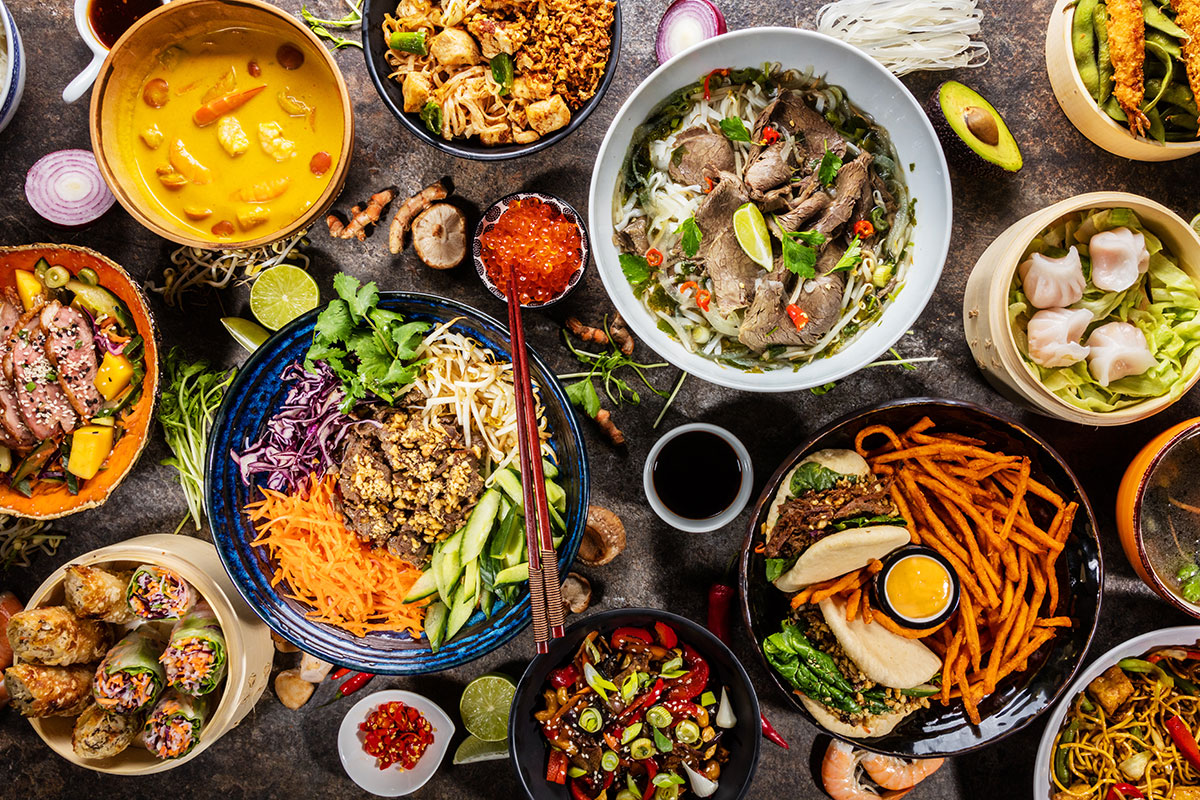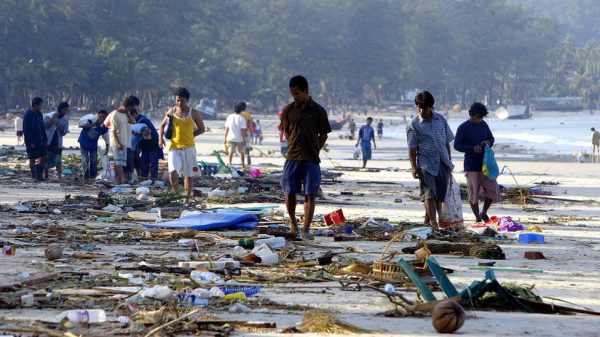About 17.6% of the Thai population, or eight million people, are suffering from chronic kidney disease, of which 200,000 are in the final stages. These figures are increasing by an average of 7,800 a year, according to Professor Dr. Atiporn Ingsathit, deputy director of Ramathibodi Hospital, quoting a 2020 report by the Ministry of Public Health.
According to the US Renal Data System, Thailand ranks 5th in the world for kidney disease.
One of the causes of the high incidence of the disease is excessive consumption of sodium, averaging 3,635 milligrams per day, or about two teaspoons full, which is twice the amount recommended. Sodium is present in seasonings, such as soy sauce, fish sauce, shrimp paste, soup and seasoning powder.
So that incredibly tasty Thai food has a lot more salt (and other things in it) than is desirable for a modern healthy diet.
Dr. Atiporn recommended that the best way to prevent kidney disease is to change eating habits, by consuming less than 2,000mg of sodium per day.
She said that kidney disease does not produce symptoms until it reaches the final stage, so many Thais are not aware that they are suffering from the disease, and she recommended that Thai people get regular medical check-ups, so that the disease can be diagnosed at an early stage and treated accordingly.
She cited the case of a patient, about 30 years old, who visited a doctor complaining of fatigue. The blood test showed that he was in the final stage of the disease.
When asked how many times he urinated each day and whether he tired easily, the patient said he didn’t count and thought he was tired because of hard work and insufficient sleep, according to Dr. Atiporn.
She explained that kidney disease can occur in children from birth. In elderly people, the disease might be caused by long periods on medicines which are harmful to the kidneys, diabetes or high blood pressure.
She said that kidney disease places a heavy burden on the families of the patients and it also badly affects the livelihoods of the patients, adding that the state is spending between 3 and 4 billion baht each year on the treatment of kidney patients.
Patients in the final stages of kidney disease will require dialysis at least three times a week and each session takes about 4 hours. The cost of dialysis ranges from 25,000-30,000 baht per month.
About 5,000 patients are on the waiting list for a kidney transplant each year, but only 700 receive a transplant.









